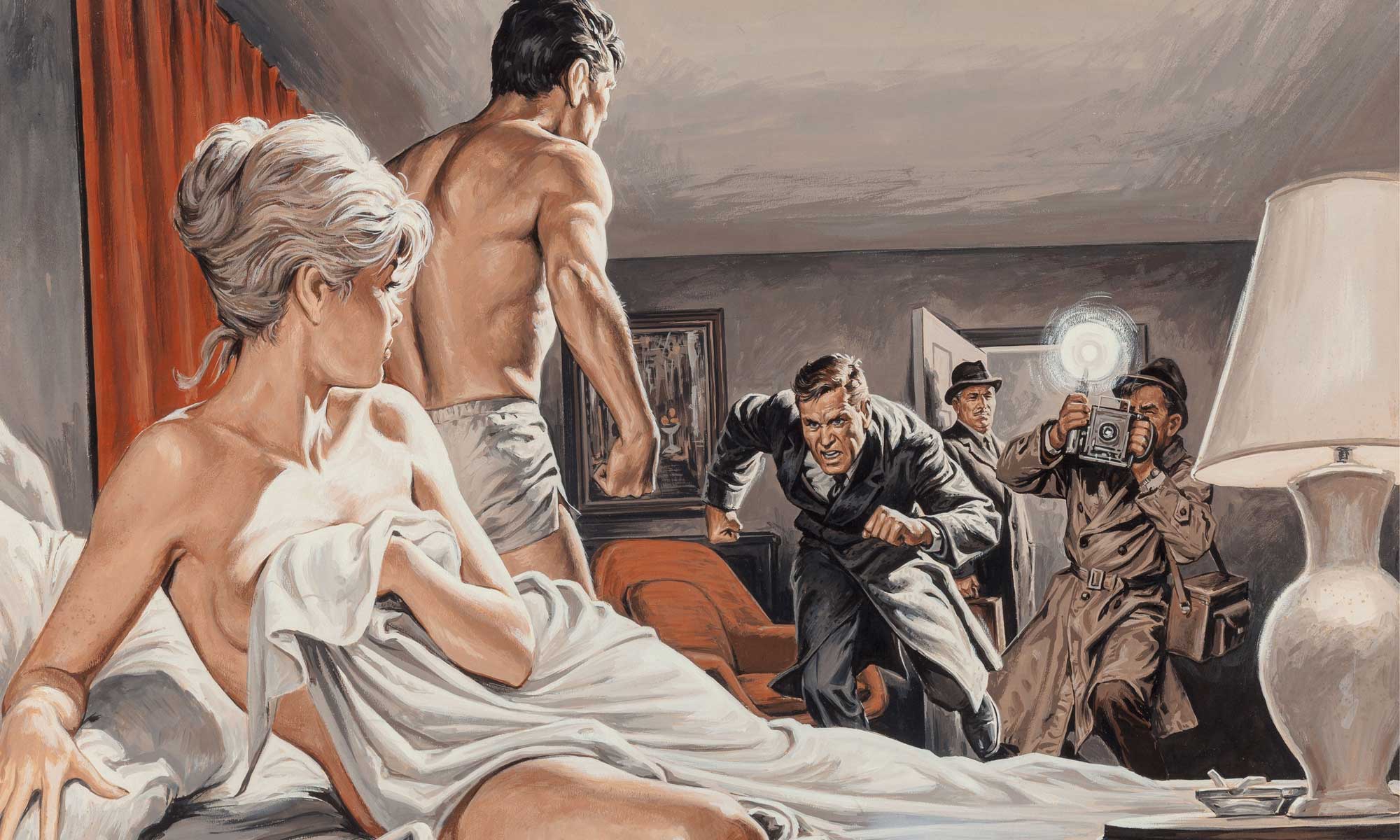David Letterman and his longtime cohort Paul Shaffer discussed a great many things about their lengthy stint as the host and bandleader of Late Show with David Letterman. At one point during the interview, Letterman reflected fondly on the show’s various musical guests, singling out, in particular, last year’s star-making performance by The Orwells.
The young Elmhurst natives appeared on the program in early 2014, busting through a chaotic rendition of “Who Needs You” that is still memorable to Letterman more than 12 months later. “After all these years, something like that really tickles me,” Letterman said of the performance.
Break out the headphones.
And watch for the reaction of Letterman and Shaffer at the end.
